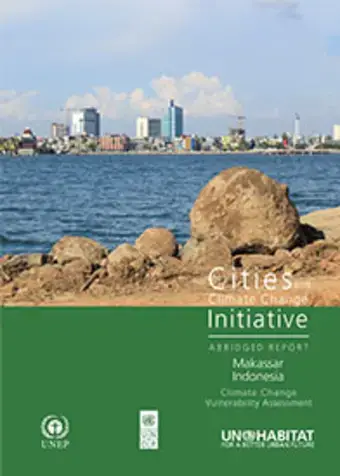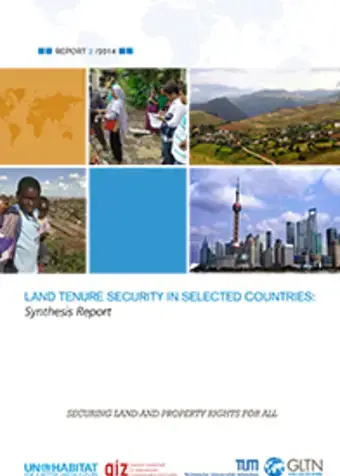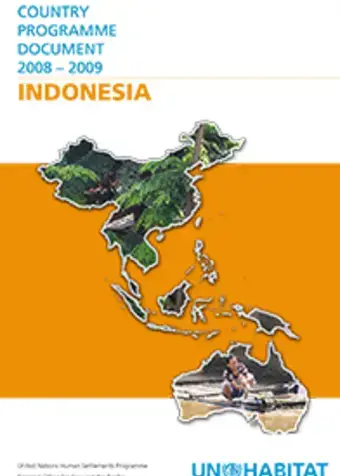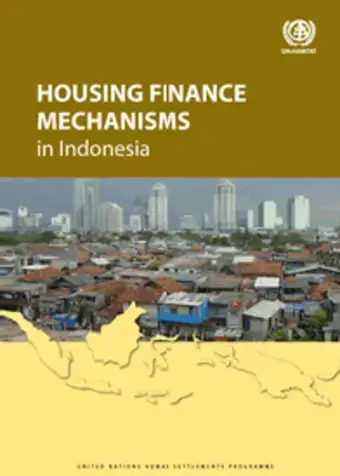Surabaya, 25 July 2016 – UN-Habitat has developed a tool that can measure the prosperity of a city through its City Prosperity Initiative.
Eduardo Moreno, Director of the Research and Capacity Development at UN-Habitat presented the new tool and comprehensively explained how it can be applied to policy and action for improvement and development.
The tool has been devised, he said, “To help monitor the New Urban Agenda and the Sustainable Development Goals.”
 Surabaya, 25 July 2016 – UN-Habitat Executive Director, Dr Joan Clos has said that much of the success in achieving the goals of the 2030 Sustainable Development Agenda will depend on “building sustainable cities.”
Surabaya, 25 July 2016 – UN-Habitat Executive Director, Dr Joan Clos has said that much of the success in achieving the goals of the 2030 Sustainable Development Agenda will depend on “building sustainable cities.” Medan, Indonesia, 23 February 2016 – Around 70 young people gathered in Medan,
Medan, Indonesia, 23 February 2016 – Around 70 young people gathered in Medan, 


